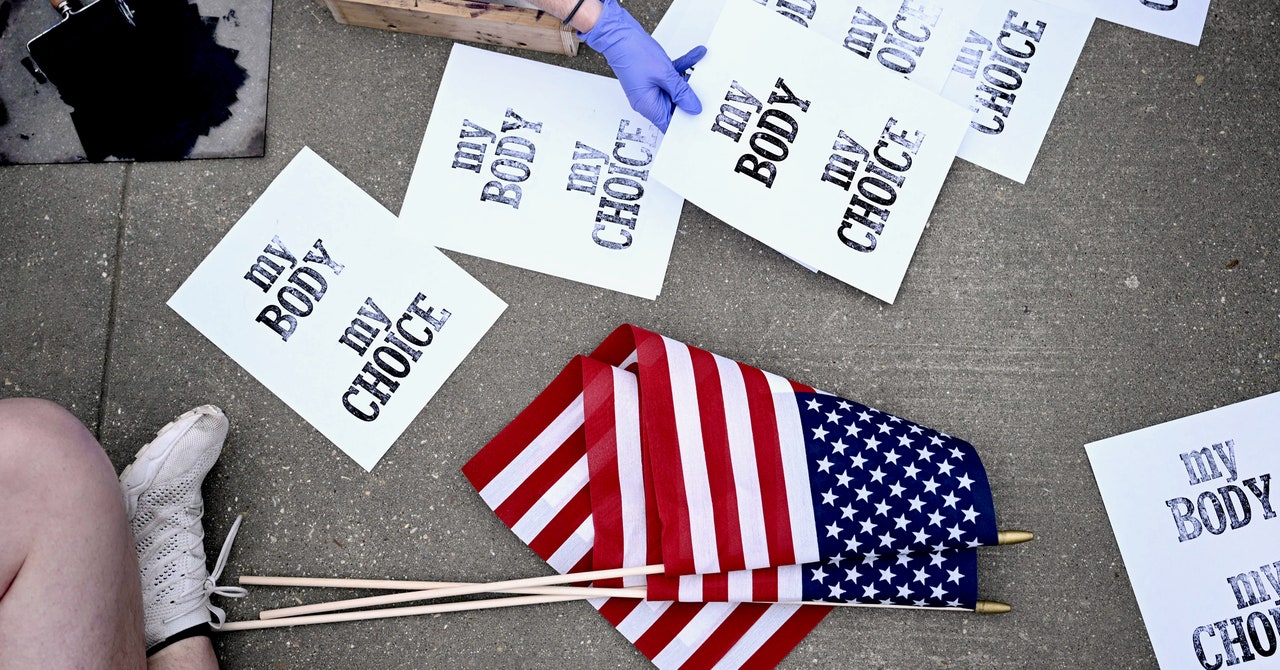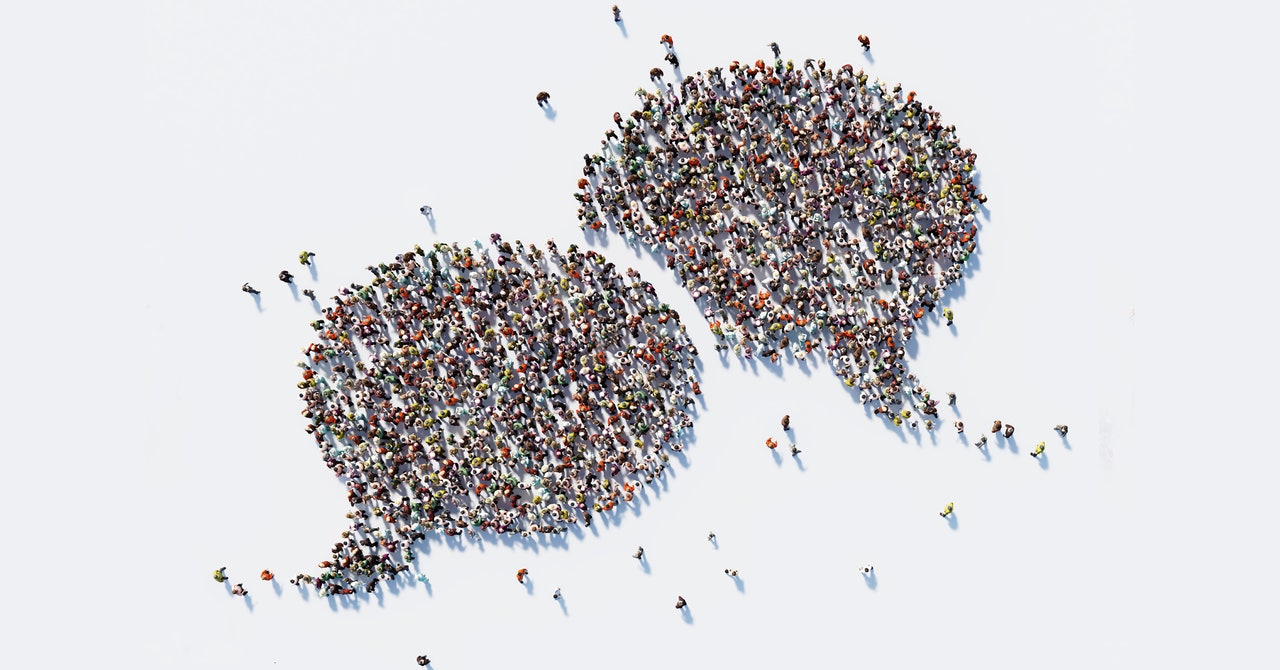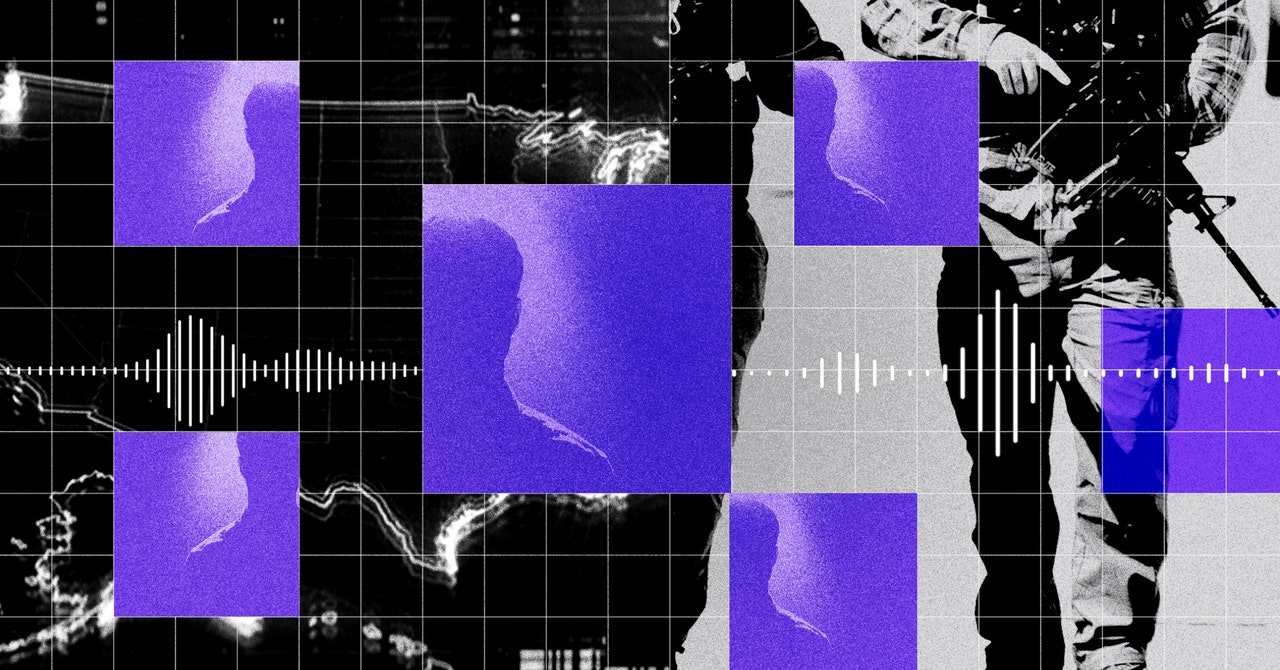While it may be increasingly important for people in the US to consciously consider what they post when it comes to their own abortions or those of loved ones, Haley McMahon, an independent public health researcher who studies abortion access, notes that the goal of this council is not to chill speech, but to protect people.
“I never want to tell someone that they shouldn’t talk about their experience or that they can’t talk about their experience, because there’s a lot of power in telling abortion stories,” McMahon says. “But I think people need to have all the information and understanding of the risks, then they can make choices about what to say where.”
Know your rights
The researchers also stress that people in the US need to know and feel confident about their rights when it comes to dealing with law enforcement. If you’re being questioned by the police, you can simply say, “I’m exercising my right to remain silent and I want to speak to a lawyer.” Resources like the Repro Legal Helpline can help you get in touch with specific legal advice. Also, lock your devices with a strong, unique PIN number, keep them locked, and just ask for a lawyer if a cop tries to force you to unlock your device.
McMahon also adds that in the very rare case of a medical abortion complication, people should feel no pressure to disclose the treatment to emergency room clinicians or other health care settings. Just saying “I think I’m having a miscarriage” will do.
“People need to understand that it’s impossible to tell the difference between a miscarriage and a medical abortion,” says McMahon. “Medicated abortion simply induces a miscarriage. And of course we normally want everyone to disclose their health history to their clinician, but in this case the treatment is the same, so nothing is lost by not disclosing that information.
A deluge of data
Using apps, surfing the web, and using search engines are all activities that can reveal personal data, creating a major challenge in controlling the flow of personal information as people research or seek abortion. And often by the time someone seeks an abortion, they have already generated data that could reveal their health status. Cycle tracking apps, for example, collect data that may seem benign but is clearly sensitive in the context of the potential criminalization of abortion. In one recent case, the Federal Trade Commission investigated and fined fertility tracking app Flo Health for sharing user health data with marketing and analytics firms, including Facebook and Google. The researchers also found numerous examples of health websites sharing personal data with third parties or conducting targeted ad tracking without adequately informing users and in violation of their privacy policies.
Using a search engine that doesn’t track potentially sensitive user data, like DuckDuckGo, and browser extensions that block web trackers, like the EFF’s Privacy Badger, are all steps you can take to significantly reduce how much of your browsing data fall into the hands of technology companies. And consider analog options, if possible, for recording and storing reproductive information, such as a notebook or paper calendar where you record details of your menstrual cycle.
One of the most pernicious and complex aspects of trying to control your personal data while researching or seeking an abortion is the question of how to mitigate the collection of data about your location. Always turn off location services for as many apps as possible – iOS and Android make this relatively easy now. And if you’re traveling to get an abortion, you might want to consider leaving your phone at home or keeping it in a faraday bag for as much of the trip as possible.
“A lot of those data-generating activities that you’ve already engaged in in the past are already there,” says Andrea Downing, founder of the nonprofit Light Collective and a security and privacy researcher focused on patient populations and social media. “You can delete apps from here, turn off location services, stop using a fertility app, and those are great steps. But it’s also reasonable if people can’t remember everything all the time. Patient populations are susceptible and vulnerable online and we need to focus on protecting them.”
McMahon, the independent public health researcher, echoed that sentiment, noting that any small steps a person can take to protect their data are positive and should be celebrated.
“I want to emphasize that it’s definitely not someone’s fault if they forget to do any of these things and then get criminalized,” she says. “People may feel like they’ve made a mistake if they turn to others for help, but no! You did a normal human thing and the system criminalized you.
While digital privacy issues are extremely important to abortion seekers, they affect every marginalized and disenfranchised group. And as Light Collective’s Downing points out, they ultimately affect everyone.
“Roe v. Wade is about privacy, it’s always been the main thing at the heart of this case,” she says. “So even if you’re not an abortionist, you have to think in terms of what rights might come next.”




